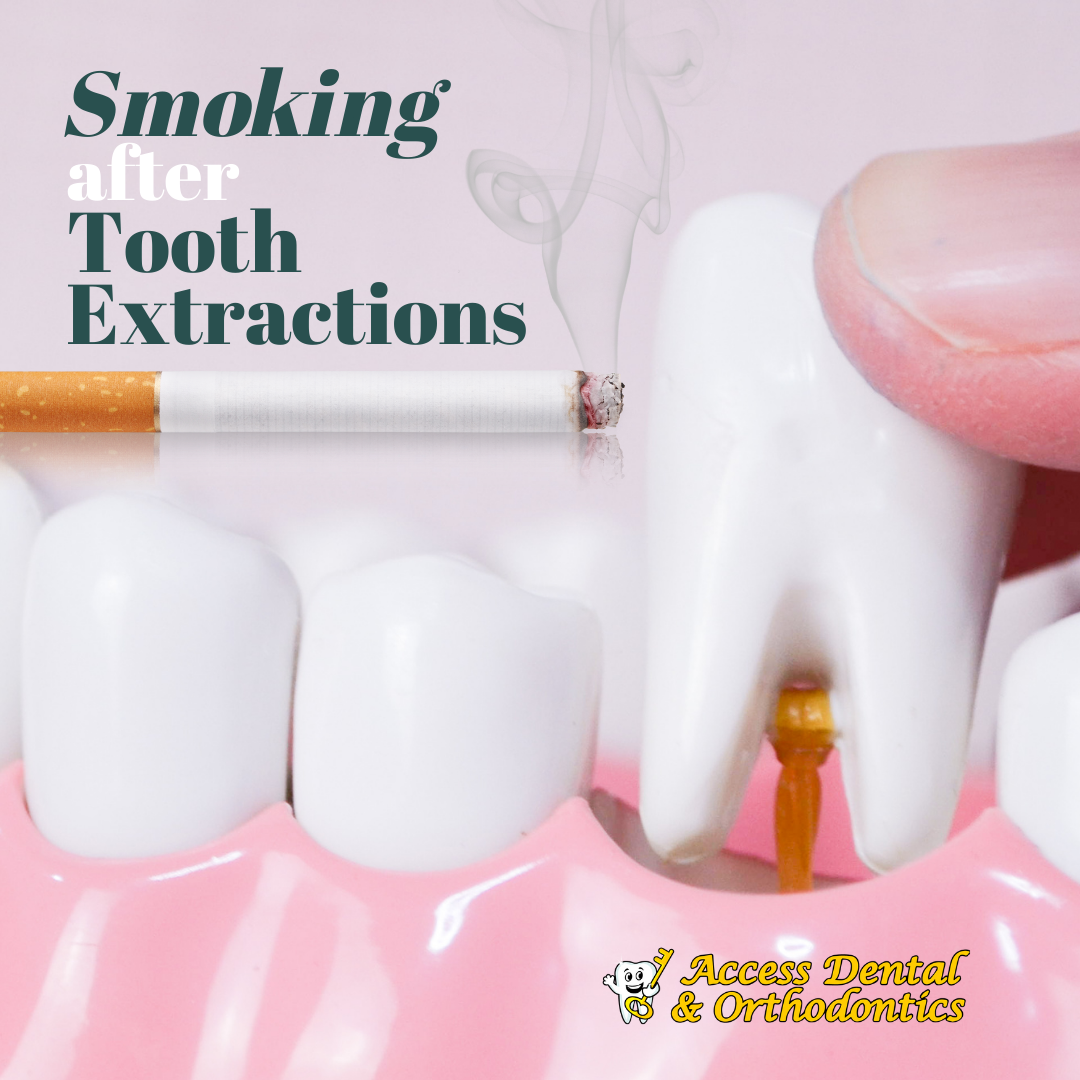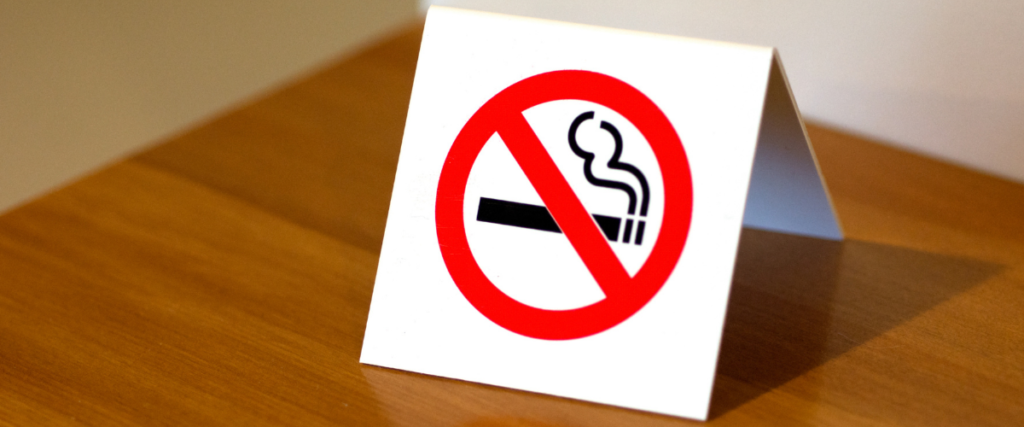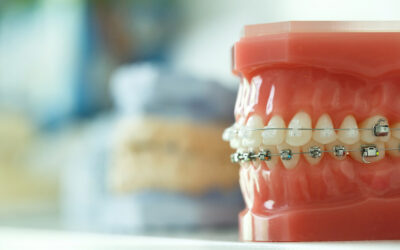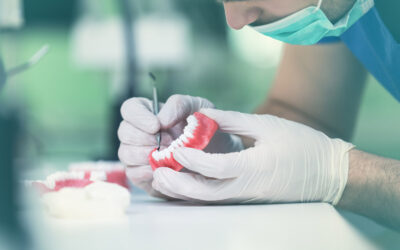Smoking After Tooth Extractions

What is a Tooth Extraction?
A tooth extraction is the removal of a tooth from its socket. This can be done for a variety of reasons, including cavities, gum disease, or impacted teeth. Tooth extractions are typically performed by dentists, though they may also be done by oral surgeons.
There are two main types of tooth extractions: simple and surgical. A simple extraction is a relatively easy procedure that can be performed in the dentist’s office. A surgical extraction is more complicated and requires anesthesia and typically takes place in a hospital setting.
After a tooth is extracted, the socket will typically heal on its own within a few weeks. However, if the socket is left open, it may become infected. In some cases, it may be necessary to perform a bone graft to help the socket heal properly.
Do I Need My Tooth Extracted?
If you are experiencing tooth pain, you may be wondering if you need to have your tooth extracted. In some cases, a tooth may need to be extracted due to infection or decay. However, in many cases, the tooth can be saved with root canal therapy or other dental procedures. If you are experiencing tooth pain, it is important to see a dentist as soon as possible to determine the cause and receive treatment.
Smoking After Tooth Extractions
Despite the strength of your urges to smoke, dentists strongly recommend waiting at least 72 hours following the extraction of teeth, including wisdom teeth, before smoking any cigarettes at all. This is because smoking can interfere with the healing process and can cause complications like infection or delayed healing. If you are unable to abstain from smoking for that long, try to smoke as little as possible and avoid smoking near the extraction site.

Smoking after a tooth extraction can increase your risk of developing a dry socket. A dry socket is a painful condition that can occur when the blood clot that forms in the mouth after a tooth extraction falls out and the bone and nerve endings are exposed. Smoking can delay the healing process and increase your chances of developing a dry socket. If you are going to have a tooth extracted, it is best to stop smoking for at least two weeks before the surgery and avoid smoking for at least two weeks after the surgery.
If you have a dry socket, you will need to take some good pain medication. It would also be beneficial to rinse with salt water. You will need to eat soft foods until the pain goes away. If the pain is severe or lasts for more than a few days, you should see your dentist.
Smoking After Wisdom Tooth Extractions
Wisdom tooth extractions are the most common. If you’re one of the many people who smoke cigarettes, you may be wondering what to do following a wisdom tooth extraction. Do you have to give up smoking altogether? The answer is no – but there are some Dos and Don’ts you need to keep in mind.
First and foremost, wait at least 72 hours after having your teeth extracted before smoking any cigarettes. Even if you’re feeling urges to smoke, it’s important to resist them and give your body time to heal. In addition, try to avoid smoking in the hours immediately following your dental procedure. Not only is it bad for your oral health, but it can also increase the risk of complications. Finally, if you’re planning on having a wisdom tooth extraction, be sure to quit smoking well in advance. Smoking increases the risk of complications and can delay the healing process.
Here are some dos and don’ts of wisdom tooth extractions:
Do:
- Ask your dentist any questions you have about the procedure.
- Make sure to follow all your dentist’s post-operative instructions.
- Take it easy for the first few days after your procedure.
Don’t:
- Skip your follow-up appointment with your dentist.
- Try to remove the stitches yourself. Let your dentist do it at your follow-up appointment.
- Smoke or drink alcohol in the days following your procedure.
- Eat anything that could irritate your extraction site. This includes crunchy or chewy foods.
By following these dos and don’ts, you can ensure a smooth and successful wisdom tooth extraction experience. For more information, speak with your dentist.
When can I smoke after tooth extractions?
Smoking after tooth extractions can increase the risk of developing a blood clot. This is because smoking increases the risk of developing atherosclerosis, a condition in which plaque builds up inside the arteries. Atherosclerosis can restrict blood flow and increase the risk of developing a blood clot. If you must have a tooth extracted, it is important to quit smoking as soon as possible. This will help reduce your risk of developing a blood clot. Talk to your dentist or doctor about quitting smoking and ways to help you quit.
Smoking after tooth extractions can delay healing and increase the risk of infection. In general, you should wait at least 72 hours after having a tooth extraction before smoking. If you need to smoke, try to avoid smoking directly after the procedure. You may also want to consider using a nicotine patch or gum to help you quit smoking altogether.
Tooth Extraction Aftercare
If you have just had a tooth extraction, it is important to follow the aftercare instructions provided by your dentist. By taking care of your mouth following the extraction, you can minimize the risk of infection and help ensure a speedy recovery.
Here are some tips for taking care of your mouth after a tooth extraction:
- Avoid smoking after tooth extractions or using tobacco products.
- Avoid drinking from a straw.
- Avoid eating hard foods.
- Avoid drinking anything that is hot or cold.
- Brush your teeth gently and rinse with warm salt water.
- Take over the counter pain medication as directed by your dentist.
By following these tips, you can help ensure a smooth and speedy recovery after a tooth extraction. Contact your dentist if you have any questions or concerns about tooth extraction aftercare.



